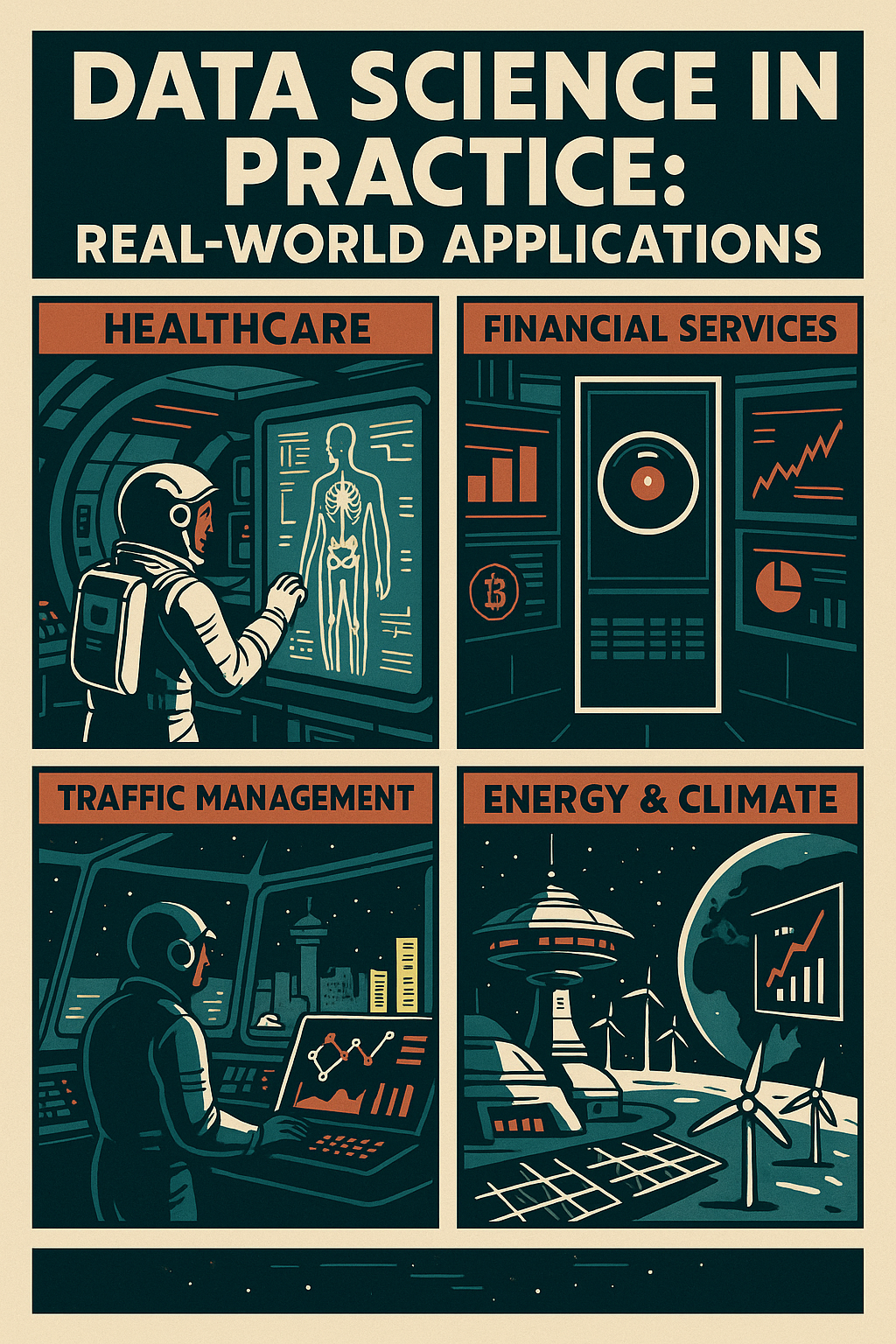
Building Intelligent Automation Systems
Intelligent automation represents the next frontier in business process optimization, combining artificial intelligence, machine learning, and robotic process automation to create systems that can learn, adapt, and make decisions with minimal human intervention.
At Ensemble AI, we've been developing intelligent automation systems that leverage agent-based architectures to streamline complex workflows. These systems use a combination of n8n for workflow automation and the A2A protocol for agent communication, creating a flexible and powerful platform for business process automation.
One of the key advantages of intelligent automation is its ability to handle complex, variable processes that traditional automation struggles with. By incorporating machine learning models, these systems can recognize patterns, make predictions, and adapt to changing conditions in real-time.
For example, our venue booking platform uses intelligent automation to handle the complex process of matching venues with customer requirements, checking availability across multiple calendars, negotiating pricing, and processing payments. This has reduced the average booking time by 40% and increased conversion rates by 35%.
The implementation of intelligent automation requires a careful balance of technical expertise and domain knowledge. It's not just about automating existing processes, but reimagining them with the capabilities of AI and machine learning in mind.
When building intelligent automation systems, it's important to start with a clear understanding of the business problem you're trying to solve. This means working closely with domain experts to identify pain points, inefficiencies, and opportunities for improvement.
Once you have a clear understanding of the problem, you can begin designing the architecture of your intelligent automation system. This typically involves defining the agents, their responsibilities, and the communication protocols between them.
In our experience, a modular approach works best, with each agent responsible for a specific aspect of the process. This allows for easier maintenance, testing, and scaling of the system as requirements evolve.
The future of intelligent automation is incredibly exciting, with advancements in AI and machine learning opening up new possibilities for automation. As these technologies continue to evolve, we can expect to see even more sophisticated automation systems that can handle increasingly complex tasks with greater autonomy.
If you're interested in exploring how intelligent automation can benefit your business, I'd love to hear from you. Together, we can explore the possibilities and develop a solution tailored to your specific needs.

